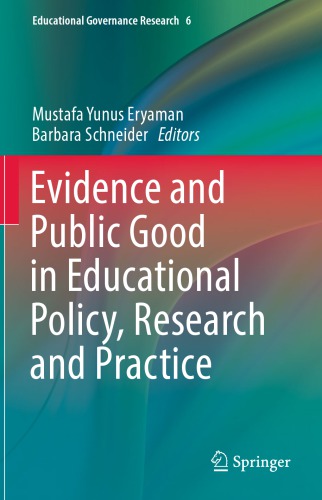

Most ebook files are in PDF format, so you can easily read them using various software such as Foxit Reader or directly on the Google Chrome browser.
Some ebook files are released by publishers in other formats such as .awz, .mobi, .epub, .fb2, etc. You may need to install specific software to read these formats on mobile/PC, such as Calibre.
Please read the tutorial at this link: https://ebookbell.com/faq
We offer FREE conversion to the popular formats you request; however, this may take some time. Therefore, right after payment, please email us, and we will try to provide the service as quickly as possible.
For some exceptional file formats or broken links (if any), please refrain from opening any disputes. Instead, email us first, and we will try to assist within a maximum of 6 hours.
EbookBell Team

4.4
22 reviewsThis volume draws together interdisciplinary approaches from political philosophy, social work, medicine and sociology to analyze the theoretical foundations and practical examples of evidence-based and evidence-informed education for the public good. It presents a range of conceptions of the evidence-based and evidence-informed education and a justification for why the particular examples or issues chosen fit within that conception for the sake of public good. It explores the current literature on evidence-based and evidence-informed educational policy, research and practice, and introduces a new term, ‘evidence free’, meaning actions of some policymakers who disregard or misuse evidence for their own agenda.
The demands about the quality and relevance of educational research to inform the policy and practice have been growing over the past decade in response to the Evidence-Based Education movement. However the literature is yet to tackle the question of the interrelationships between evidence, research, policy and practice in education for the public good in an international context. This book fills that gap.